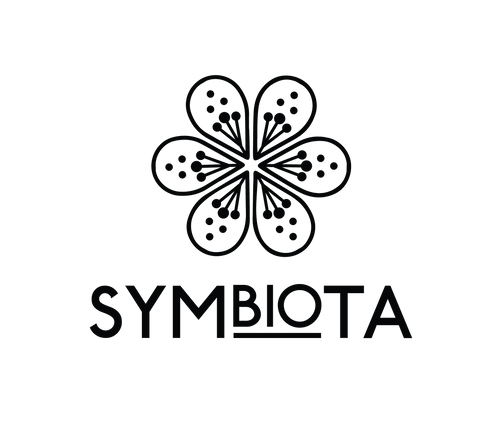Fermented foods and the role they play in prebiotics and probiotics.
Did you know that the fermented food and ingredient market is estimated to reach $639 billion in sales this year? How incredible is that! Fermented food and drinks are becoming more and more popular for their health benefits, particularly for the digestive system. Two terms that are often used in relation to these products are probiotics and prebiotics. While they sound similar, they are actually quite different. In this blog, we have summarised the difference as well as the benefits of pre and probiotics.
What are probiotics?
Probiotics are live bacteria and yeasts that are beneficial to the digestive system. They are often found in fermented foods such as yogurt, kefir, sauerkraut, cottage cheese,miso soup and kimchi, as well as in probiotic supplements.
What are the benefits of probiotics?
Probiotics are live microorganisms that provide multiple health benefits including gut health. Probiotics work by introducing good bacteria to the gut, which can help to improve digestion, boost the immune system, and reduce inflammation.
Probiotics help with maintaining a healthy balance of gut bacteria. The healthy gut bacteria aid in the digestion of our foods and absorption of nutrients. It has been noted that these beneficial gut bacteria can alleviate symptoms of digestive disorder such as irritable bowel syndrome (IBS) and promote healthy bowel movements.
Probiotics support healthy immune functioning by increasing the production of antibodies and enhancing immune cell activity.
Maintaining a healthy gut balance is instrumental in maintaining the gut barrier function. If the gut barrier is disrupted this can allow substances to enter the bloodstream which triggers inflammatory responses. By consuming probiotic food, one strengthens the gut barrier, reducing inflammation.
What are prebiotics?
Prebiotics, on the other hand, are a type of fiber that cannot be digested by the human body. Instead, they act as food for the good bacteria in the gut, helping them to grow and flourish. Prebiotics are found in many fruits and vegetables, such as bananas, onions, garlic, leeks, asparagus, and artichokes, as well as in whole grains such as oats and barley. You can also get a decent dose of prebiotics in foods that are high in resistant starch such as cold potatoes (hello potato salad!).
What are the benefits of consuming prebiotics?
Consuming prebiotics offer various benefits to the body by promoting the growth of beneficial gut bacteria such as Bifidobacterium and Lactobacilli, which are important for digestion and nutrient absorption of minerals like calcium and magnesium.
Prebiotics can help alleviate symptoms of constipation by increasing stool bulk, softening consistency and regulating bowel movements.
By consuming prebiotics, a health gut balance is promoted. By promoting the beneficial growth and maintenance of probiotic bacteria, our immune systems are strengthened helping us fight off pathogenic bacteria.
The key difference between probiotics and prebiotics is that probiotics introduce good bacteria to the gut, while prebiotics feed the good bacteria that are already there.
How do prebiotics and probiotics work together?
Prebiotics and probiotics work together to improve overall health and wellbeing.
Some foods contain both probiotics and prebiotics. For example, sourdough bread is a great source of probiotics and prebiotics. Sourdough is made by fermenting a mixture of flour and water, which encourages the growth of lactic acid bacteria (probiotics). The dough also contains prebiotic fibers from the flour, which feed the bacteria and help them to grow.
While probiotics and prebiotics are different, both are important for digestive health. Incorporating fermented foods into your diet, such as yogurt, kefir, sauerkraut, kimchi, and sourdough bread, can help to improve digestion and support a healthy gut microbiome.
Take away points
- Prebiotics are food for probiotic bacteria
- Prebiotics support the survival and maintenance of probiotic bacteria, which in turn support gut balance.
- A healthy and balanced gut results in improved emotional, mental and physical wellbeing.

Back to Blog